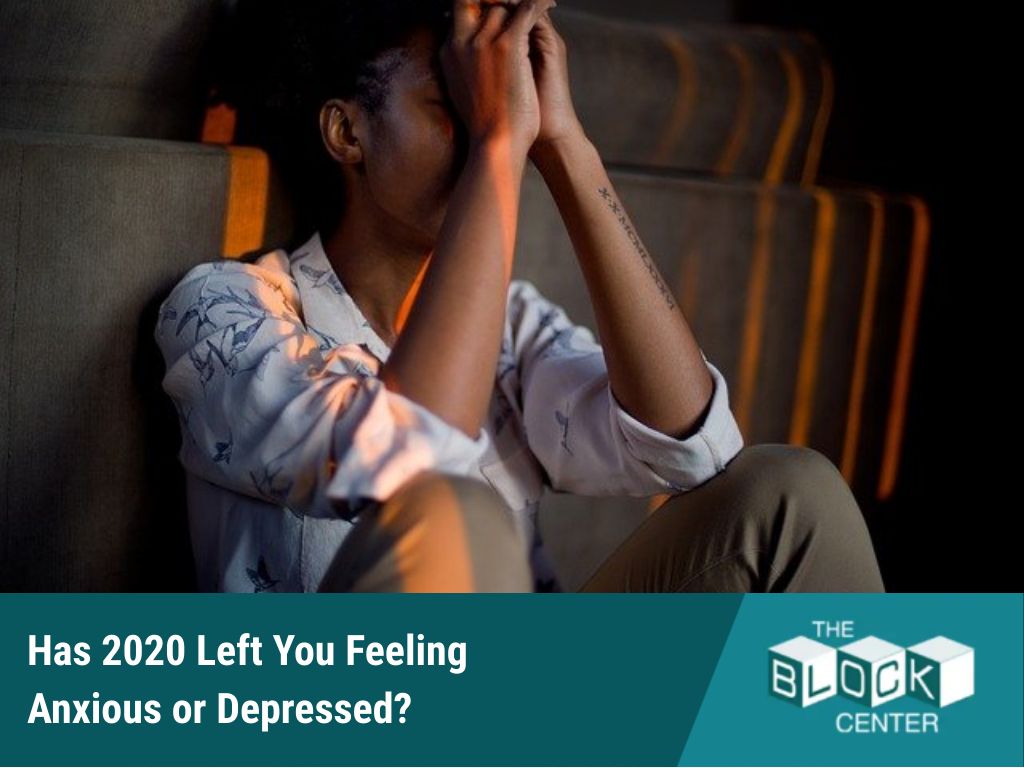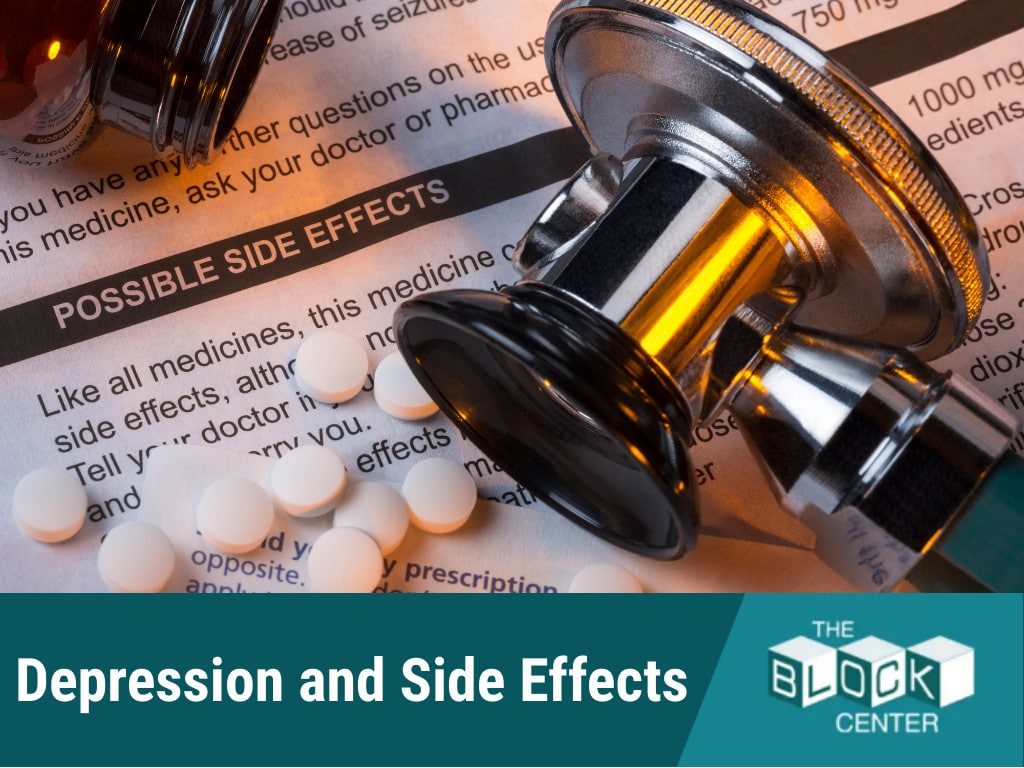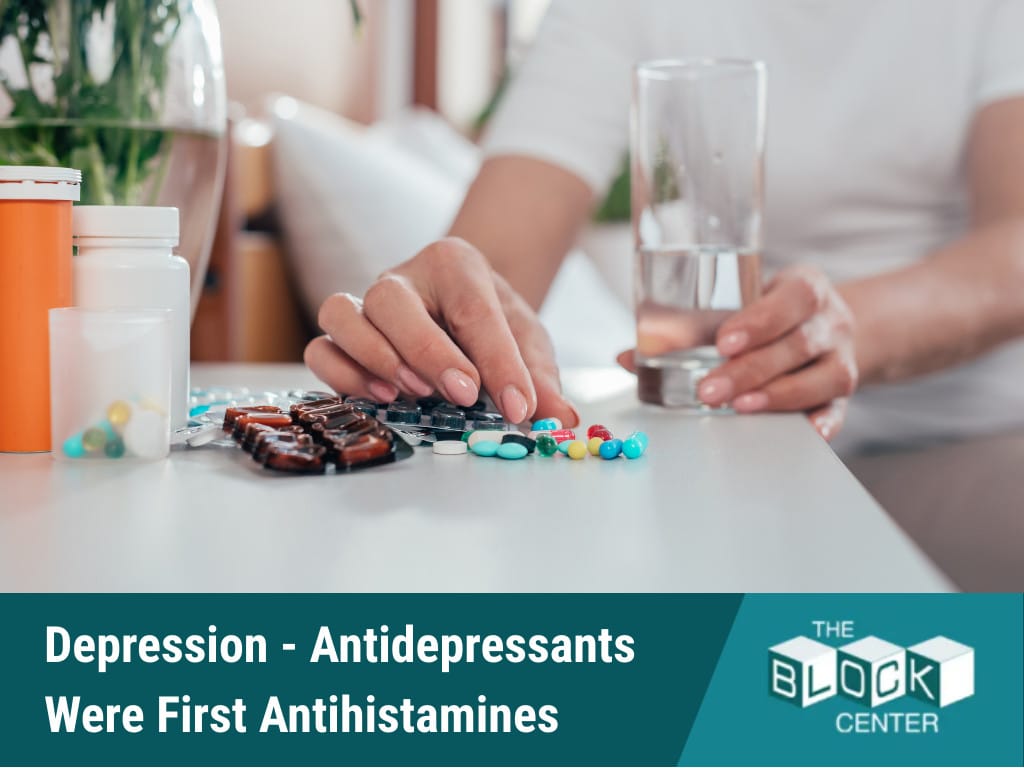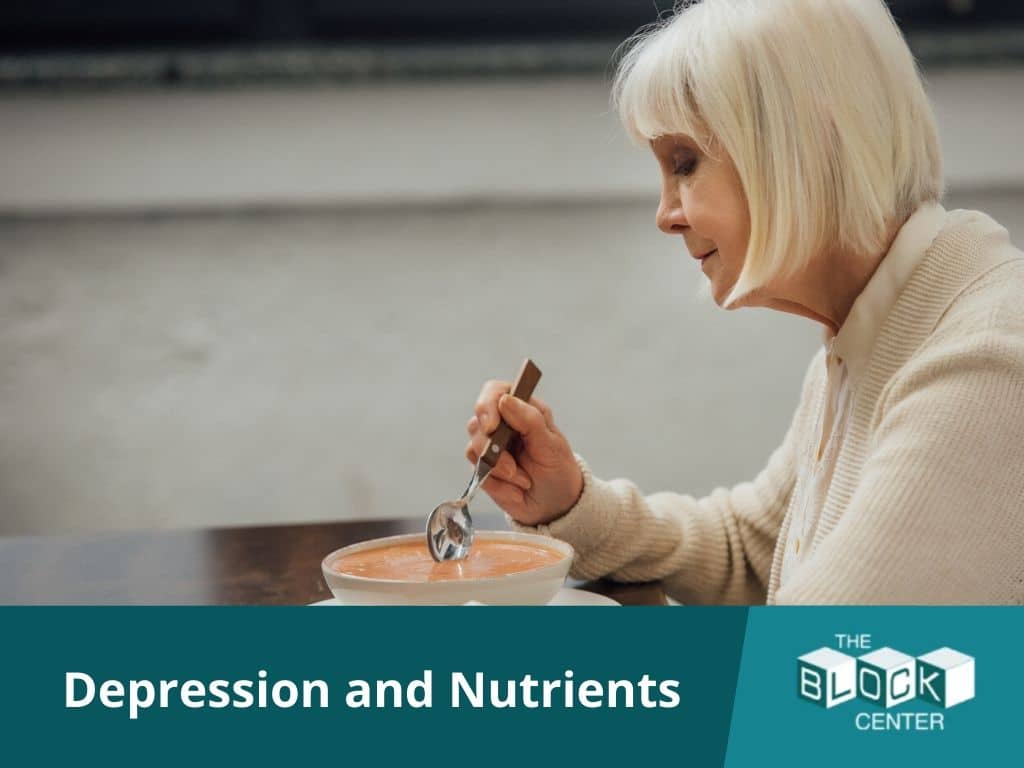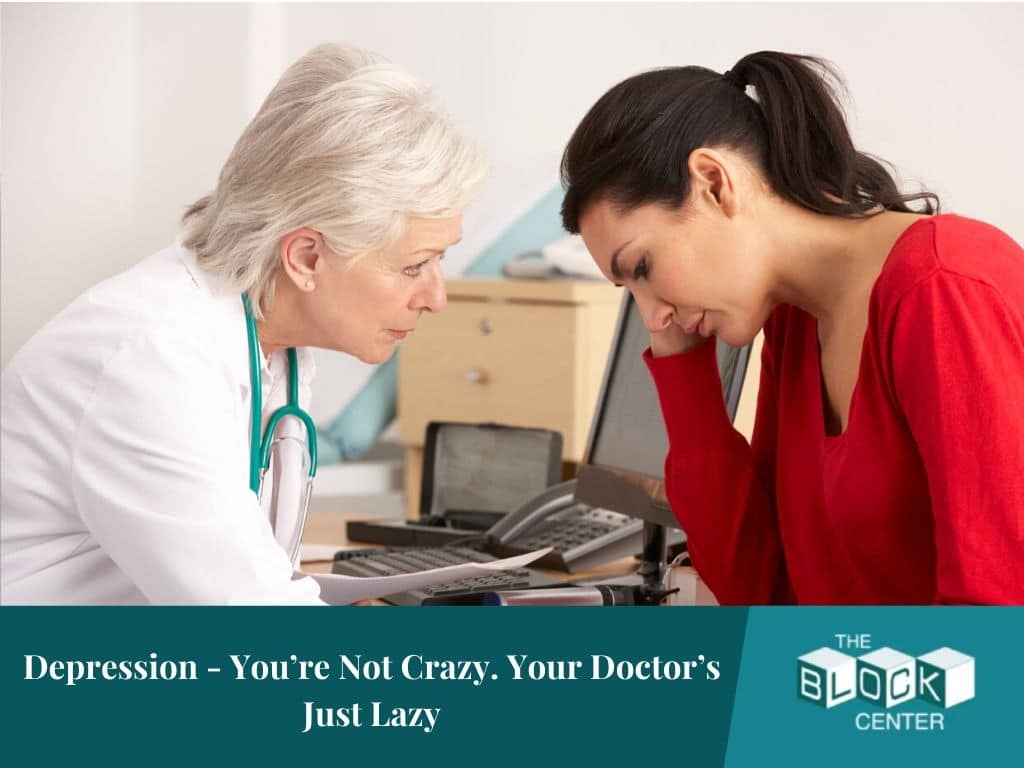Dealing With Depression Diagnosis
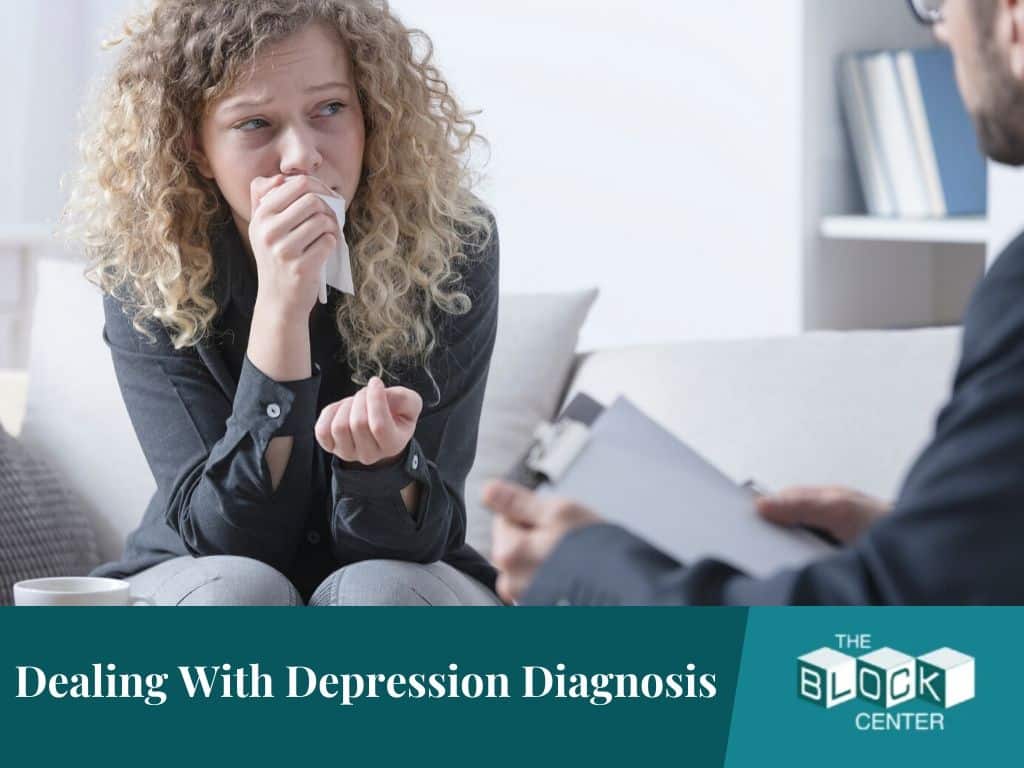
It is quick, easy and cheap to give a diagnosis of depression but it doesn’t mean you actually have depression. The doctor does not have to do a physical exam or any lab work. Since there is no objective way to diagnose depression, the doctor can take the easy or lazy way out. As I have said before it is quick and cheap. But it has nothing to do with truly having depression. Depression is just a name and number in the Diagnostic and Statistical Manual.
The American Psychiatric Association writes and publishes the Diagnostic and Statistical Manual (DSM). This is a book that lists all the psychiatric diagnoses and the symptoms that define them. It also supplies code numbers that insurance companies use to identify the diagnoses. Doctors can use the codes and be paid by the insurance companies for doing nothing more than labeling the patient and writing a prescription. The DSM lists a Major Depressive Episode as a psychiatric disorder of:
. . . at least two weeks [duration, characterized by] depressed mood or loss of interest or pleasure in nearly all activities. In children and adolescents, the mood may be irritable rather than sad. The individual must also experience at least four additional symptoms drawn from a list that includes changes in appetite or weight, sleep, and psychomotor activity; decreased energy; feelings of worthlessness or guilt; difficulty thinking, concentrating, or making decisions; or recurrent thoughts of death or suicidal ideation, plans, or attempts. (APA, 2000, p. 349).
There is no explanation of who arrived at this definition or how and why two weeks constitutes a magic number. However, a study published in Psychotherapy and Psychosomatics reports that 56% of DSM panel members (the individuals who write the DSM) had one or more financial associations with the pharmaceutical industry. One hundred percent of the panel members representing the ‘Mood Disorders’ and ‘Schizophrenia and Other Psychotic Disorders’ had financial associations with the drug companies. (Cosgrove, Psychotherapy and Psychosomatics, 2006). This appears to me to be a substantial financial conflict of interest.
IF YOU OR YOUR CHILD IS ALREADY TAKING A PSYCHIATRIC DRUG, DO NOT STOP IT ABRUPTLY. ALWAYS DISCONTINUE IT SLOWLY AND UNDER A DOCTOR’S SUPERVISION!




